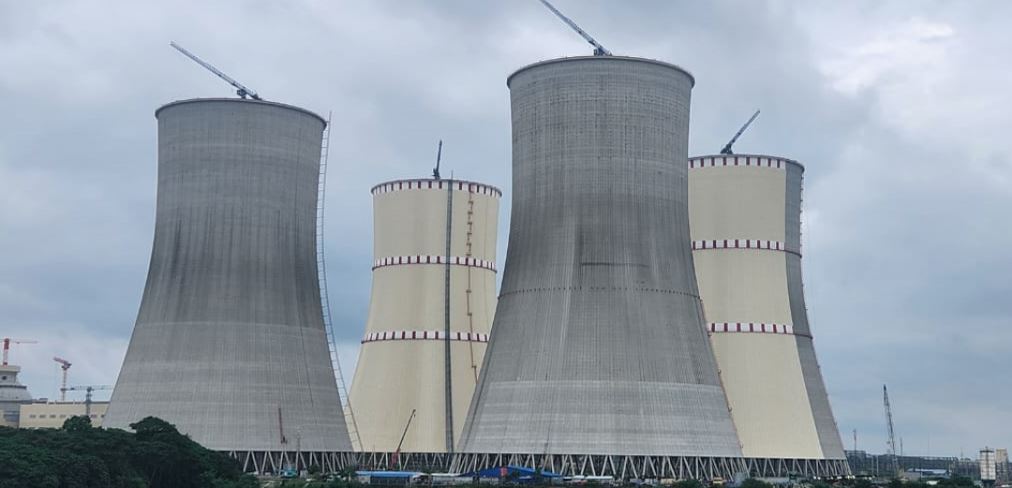News Flash

DHAKA, Sept 30, 2025 (BSS) - Dr. Salehuddin Ahmed, the Finance and Science
and Technology Adviser for the interim government, has said the Rooppur
Nuclear Power Plant would begin trial operations in December as the fuel for
the plant has already arrived in the country.
Speaking to journalists at his finance ministry office in the Secretrariate
here today, the Adviser said, "We had written to Russia requesting a November
launch, but they have informed us it will begin in December (trial
operations)."
Dr Salehuddin said a team from the International Atomic Energy Agency (IAEA)
has inspected the facility and made several recommendations, which are now
being implemented. "They will return to give final approval," he mentioned
that the per-unit price of electricity from the plant is yet to be
determined.
According to an IAEA review team that concluded its mission on August 27,
Bangladesh's first nuclear power facility at Rooppur has demonstrated a
strong commitment to operational safety.
The Pre-Operational Safety Review Team (Pre-OSART) visit, conducted at
Dhaka's request, assessed Unit 1 of the power plant ahead of its commercial
launch, the IAEA said in a statement. Such missions benchmark nuclear
facilities against global safety standards before they begin loading fuel.
Located in Pabna on the banks of the Padma River, the twin-unit plant will
add 2,400MW to Bangladesh's grid once both Russian-built VVER-1200 reactors
are operational. Unit 1 construction began in 2017, followed by Unit 2 in
2018.
Notably, Bangladesh has successfully extended the Russian loan disbursement
period for the power plant until 2027.
The original intergovernmental agreement between Bangladesh and Russia
stipulated a loan disbursement period from 2017 to 2024 (December), with loan
repayment set to begin in March 2027 after a 10-year grace period.
Under the new arrangement, repayments will now commence in September 2028.
The Rooppur project, estimated to cost US$12.65 billion, sees Russia
providing 90 percent or US$11.38 billion through state credit, with
Bangladesh contributing the remaining 10 percent.